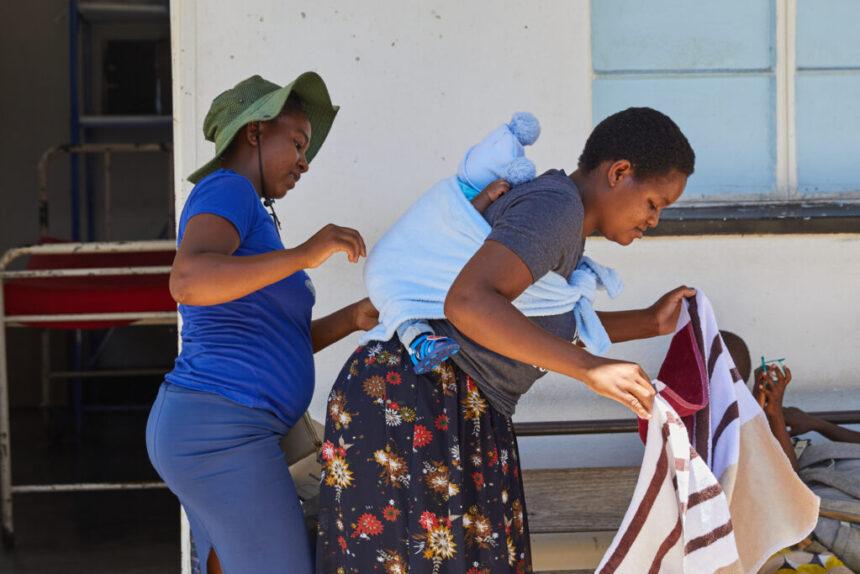Africa is a continent that has made significant strides in the field of sexual and reproductive health and rights (SRHR). However, recent funding cuts threaten to roll back the progress that has been made, particularly in the East and Southern African regions.
Princess Chitsuro’s story is a testament to the transformative power of SRHR services. Born with HIV, Princess only learned about her status as a young adult. Initially, she distanced herself from everyone out of shock and fear. However, when she became pregnant, she joined a mentorship program for young mothers and learned that she could prevent transmitting HIV to her unborn child. Thanks to these services, her baby does not have HIV.
In 2024 alone, SRHR services in East and Southern Africa helped avert millions of unintended pregnancies, abortions, maternal deaths, and HIV infections in children. Countries like Namibia and Botswana have received certifications for their efforts to eliminate vertical transmission of HIV. However, these achievements are now under threat due to funding shortfalls following reductions in foreign development and humanitarian assistance.
According to UNAIDS projections, if funding is not available to fill the gap left by cuts in funding from organizations like PEPFAR, there could be a 400% increase in AIDS-related deaths, millions of new HIV infections, and hundreds of thousands of new HIV infections in children by 2029. The East and Southern African regions are expected to bear the brunt of these consequences.
Investing in SRHR is crucial not only for individual health but also for the overall well-being of communities and societies. In South Africa, the lifetime cost of failing to invest in SRHR is staggering, exceeding the country’s annual health and education budgets combined. Conversely, universal access to contraception has been shown to have a high return on investment, with every shilling invested in family planning services in Kenya yielding a return of 22 shillings in productivity.
By investing in SRHR, we can transform the lives of women like Princess, who now pays it forward as a mentor mother, helping other women access the support she once received. Programs like 2gether 4 SRHR are working to support governments in the region to unlock investments and financial opportunities for SRHR, ensuring sustainable financing for these crucial services.
It is essential to scale up partnerships and collaborations with governments, donors, civil society, and other stakeholders to ensure that every woman in the region can survive and thrive. By prioritizing women’s health and investing in SRHR, we can create healthy beginnings and hopeful futures for all. Are you looking for the latest health news and updates? Follow us on Twitter @HealtheNews for all the information you need to stay informed about your health and well-being. Our Twitter account is dedicated to providing you with the most up-to-date and accurate health news, so you can make informed decisions about your health.
Our team of experts curates the latest health news from reputable sources to ensure that you are getting reliable information. From new medical breakthroughs to tips for living a healthy lifestyle, our Twitter feed covers a wide range of topics to keep you informed and educated.
By following us on Twitter, you will have access to important health updates right at your fingertips. Whether you are interested in learning about new treatments for common conditions or want to stay informed about public health issues, our Twitter account has you covered.
Don’t miss out on the latest health news – follow us on Twitter @HealtheNews today! Stay informed, stay healthy.








